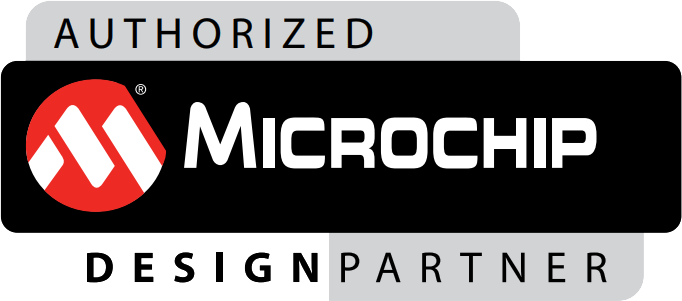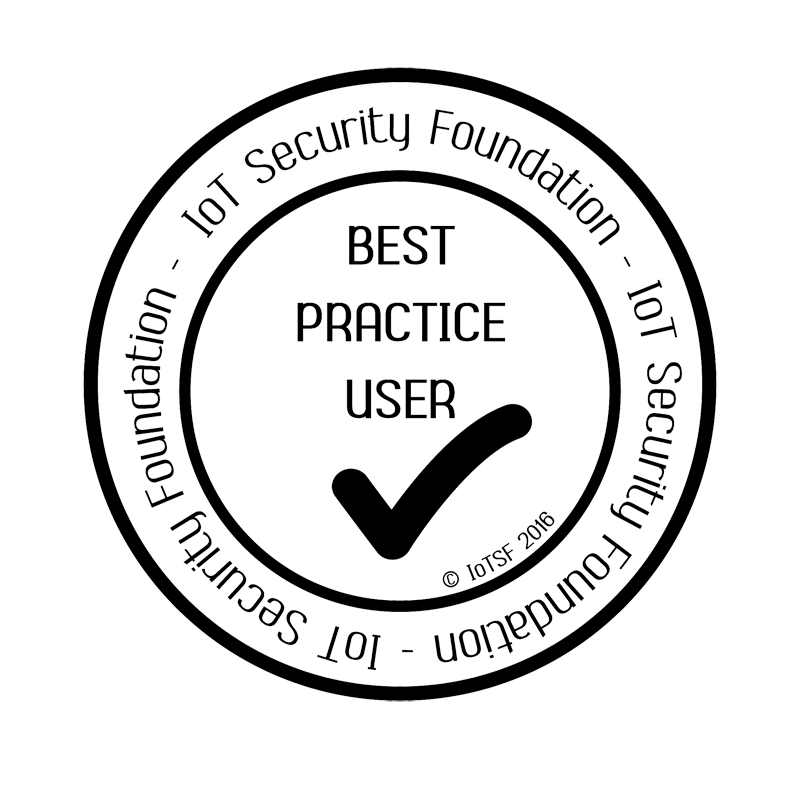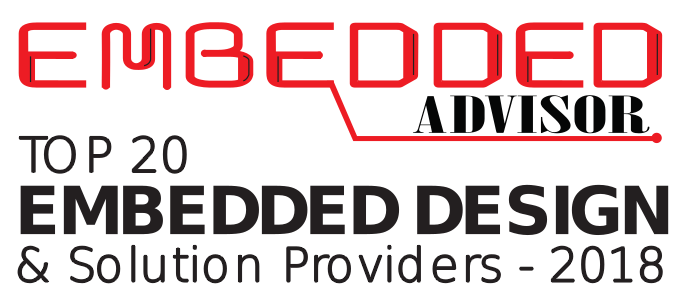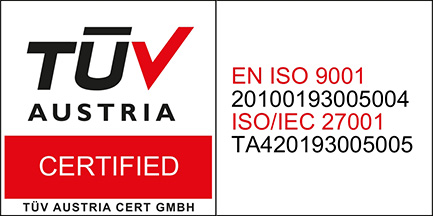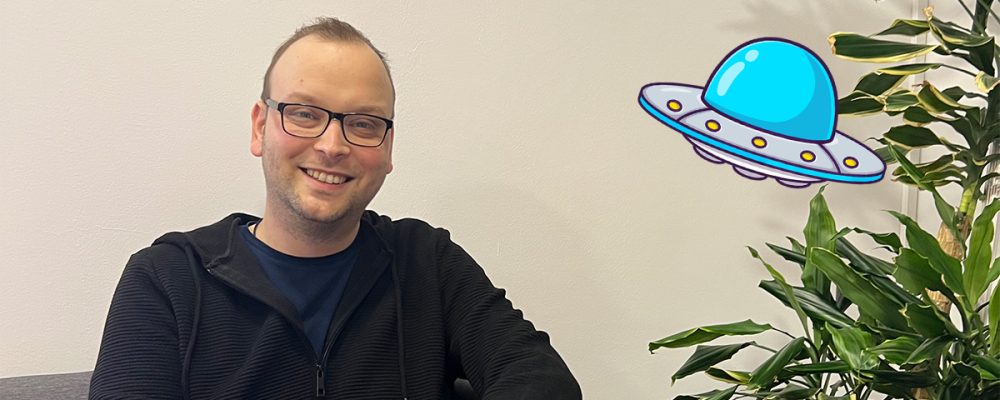
What is the job of a QA engineer at ARS Embedded Systems like?
Our colleague Danilo Marić shared his experience on the position of a QA engineer at ARS. QA engineers do not accept the sentence “It works fine on my computer”. Their job is to test the product, find and eliminate all defects and flaws in the process and thus improve its quality.
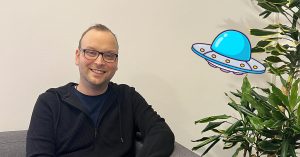
1. How long have you been working at ARS? What position are you in and what does your position entail?
I have been at ARS since December 2020. I work as a QA (Quality Assurance) engineer. The main role of a QA engineer is to test the product, find and eliminate all defects and flaws in the process and thus improve its quality.
Anyone who is honest will tell you that they make mistakes in their work, but the point is to persevere and overcome setbacks. To that extent, the work position that I perform is important because it helps to notice irregularities or oversights made during the work. A QA engineer needs to see the product from multiple sides, to critically observe every part of it, but also, to see it, as the end user does, as one thing that makes his life easier.
Developers among my colleagues won’t mind it, but I have to make a joke at their expense –“It works fine on my computer” is absolutely not a satisfactory answer from the position of a QA engineer.
2. How did you actually “end up” at ARS?
It’s a bit of a strange story and a long story, but actually I started at ARS. Previously, I worked in various jobs: as a Game Developer – where I developed Augmented Reality (AR) and Virtual Reality (VR) applications, then as a Web Developer, and even tried my hand at digital marketing. Along the way, I acquired knowledge that in one way or another adds value to
the work I do now, and if I had to single out one thing, it would be asking questions. That’s how you get to the details, and it's the details that make the difference.
3. What skills must a QA engineer possess or develop?
In my opinion, the most important qualities that a QA engineer should possess are:
- to be communicative,
- to be solution oriented,
- and prone to organization and planning.
Often, solving a problem starts with a well-asked question, and that’s something I keep reminding myself. Being willing to dive into a problem, but being aware of the bigger picture so that solving it doesn’t make life miserable for the end user is also a challenge that makes this job interesting.
4. What technologies do you work in?
What makes the projects I work on extremely interesting is that I am in contact with many different systems. I work with hardware and on the other hand I have access to software. The testing process itself requires knowledge of several different technologies that I’m constantly learning about, so it’s never boring. I work with different operating systems, testing tools, manage projects, use DevOps platform, Cloud, some devices for “listening” traffic. It’s really diverse.
5. Can you describe what you are currently working on and what you are responsible for?
I am currently working on an alarm system development project. What makes it different from most of the systems we have seen so far is that it belongs to the so-called IoT (internet of things) technology, so to speak, there are no wires and cables. Easy to install and use. This is the only type of alarm system in the premium segment, which provides the best user experience,
while meeting the demanding Grade II alarm standards, which are required for connection to a police station.
The job description that my current position includes is the execution of smoke tests in preparation for a new release, then integration tests, system safety and security checks, communication testing and analysis, log monitoring and analysis. Then writing test scenarios and test cases, writing documentation and communicating with the client.
I also perform the work of SCRUM master, which again implies some organization, communication and documentation.
6. What is the most interesting thing about your job?
When you say you’re working on developing an alarm, it might not sound particularly interesting. However, when you look at how many different systems I work with every day, the last thing you’d think of is monotony and routine, and that’s what matters to me.
The end result, which is always on your mind, is important as well, and that is that you are a part of something that makes someone’s life easier or solves a problem.
7. What makes you proud to work at ARS?
Colleagues, of course! These are hard-working and smart people from whom I learn every day, and with whom I hang out outside work. In addition, I am proud that we have created a global product that successfully competes with the giants in today’s industry.
8. Do you remember any fun moment at work? What do you enjoy?
As it happens, I work from home, so I don’t spend much time in person with colleagues at work. We mostly see each other on specific occasions, when a training, teambuilding or socializing event is organized.
I’m always glad to see them, and lately there are more and more new faces, so even when I come to the company, I wonder if I’ve entered the right door.
With about 25 employees, it is possible to really get to know your colleagues. I love knowing all my colleagues.
9. What trainings have you had so far for career, knowledge and skills development?
Since the beginning of working in the company, I have participated in various individual, team and collective trainings. Trainings were organized to improve communication and increase efficiency of work within the team and the company, as well as in work with clients, the ultimate goal of all being to increase productivity.
Trainings were organized to improve team and project organization, where new techniques and technologies were adopted that offer more efficient process management and supervision. One of those methodologies was SCRUM, where by switching to the so-called agile approach, we structured and improved the process of product development and delivery.
Anyhow, I must emphasize that I greatly appreciate the personal development trainings that brought us the knowledge and skills of assertive communication, time planning, teamwork, delegation, giving and receiving feedback, and conflict resolution.
I also had trainings to improve the testing process like QA manual testing, Gitlab Continuous Integration / Delivery etc., which are very helpful for me, because I use what I learned there in my daily work.
10. Who are you really, what are your interests when you are not a QA engineer?
I’m sociable, my friend and I joke that my home is the home of many… or maybe it’s just a bus stop.
Cook (yes, yes…) I always have something simmering, but the sad news for meat eaters is that I'm a vegan so they often find me strange. However, they’re always surprised when I show them some healthy substitute for meat pate or a takeaway salad recipe.
In self-defense, I play the guitar, those are my moments when I separate myself from the rest of the world, from problems, when I’m unavailable and when everything else is off (and no, I don’t play when I’m hanging out with friends and I don’t take requests 🙂 ).
I love fishkeeping and it’s another thing that relaxes me and keeps me on my toes because it’s suuuuuuuch an addictive hobby.
11. What advice would you give to future colleagues who want to enter the world of QA?
Everyone will get caught up in the searches like”what will they ask me at the interview”, but I think that first of all, it is necessary, as for any job that we want to do with pleasure, to make some kind of self-interview. When we unfold our vanity, look in the mirror, we know exactly what are some of our questions that we should ask ourselves. To that extent, here are just a few
questions that I asked myself at some point:
– Do I like to learn (a little at a time, continuously)?
– The job I want to do in a few years may look completely different… How do I deal with changes?
– Does it bother me to ask questions and does it make me uncomfortable to give answers?
I know… the questions are nothing special, but an honest answer here can help you a lot (and not just for a QA engineer job).
I would also mention communication. Trust me, that skill is your greatest ally. Start now, as soon as you finish this text, with the decision to pay even more attention to the way you communicate with people. Take a look on the Internet at how “neat” emails are written and look like, some assertive communication techniques (for starters, choose one and practice it). Then, writing clear reports – don’t assume that whoever reads what you’ve written assumes anything. The nature of the job is such that tomorrow the interlocutor may change, and you need to go back to something you did and wrote a few months ago. At this moment, even you will not know what you assumed then. We all got burned by this, that’s why I draw your attention to this, so that you cannot say that you didn’t know and were not warned.
You should not be too strict, but you should be realistic and draw conclusions where you are”falling behind” and make a plan for the future. The goal of these questions is not self-destruction and responding to some procedure, on the contrary, the goal is progress.
12. Recommendations for sources (what should a person interested in this field read)?
Honestly, like once in an exam, I was hoping that I wouldn’t get this question… I don’t have a filter and I just follow everything and anything. As I mentioned earlier, I think the trick is to ask the questions and not overcomplicate the answers. There is a phenomenal community on reddit called”EILI5″ or “Explain It Like I’m 5” ( https://www.reddit.com/r/EILI5/ ) where people either as a challenge, for fun or maybe even out of some need, ask the community how to explain a concept, but that such explanation could be understood even by a 5-year-old child.
I love listening to podcasts, one I would recommend is the QA Lead podcast ( https://theqalead.com/podcasts/ ). Maybe this seems stingy and small, but really, whatever you find that interests YOU first and foremost, tomorrow maybe someone will be interested in that side of you. It may not have anything to do with QA at that moment, but there is a real chance that you will make a difference and add value tomorrow. In my case, such was my story with Linux. I was simply interested in it, I didn’t have any plan with it and I just meddled with it, and today I’m working on a project where Linux is my daily environment.
13. How big is the demand for QA engineers? Is this the profession of the future?
I couldn’t say much more than what a simple search on sites like LinkedIn, HelloWorld, Joberty, Infostud, etc. shows. I don't keep statistics, but I get the impression that the number of ads for QA engineers has increased drastically. As for some prediction, regarding the future of this profession, just look at how the industry is developing. In the last few years, there has been an expansion of some branches that we thought were a thing of the future, such as AI (Artificial Intelligence) and ML (Machine Learning), further, ideas such as blockchain found their application, then the development of IoT (Internet of Things) etc., and as the basis of all that we have the development of hardware where the boundaries are pushed to the incredible lengths. QA, I’m sure, will only gain in importance, but it will certainly bring with it certain changes in the position itself and even in specialization towards a certain branch.
In short, I don’t think developers will get rid of us for a while.

